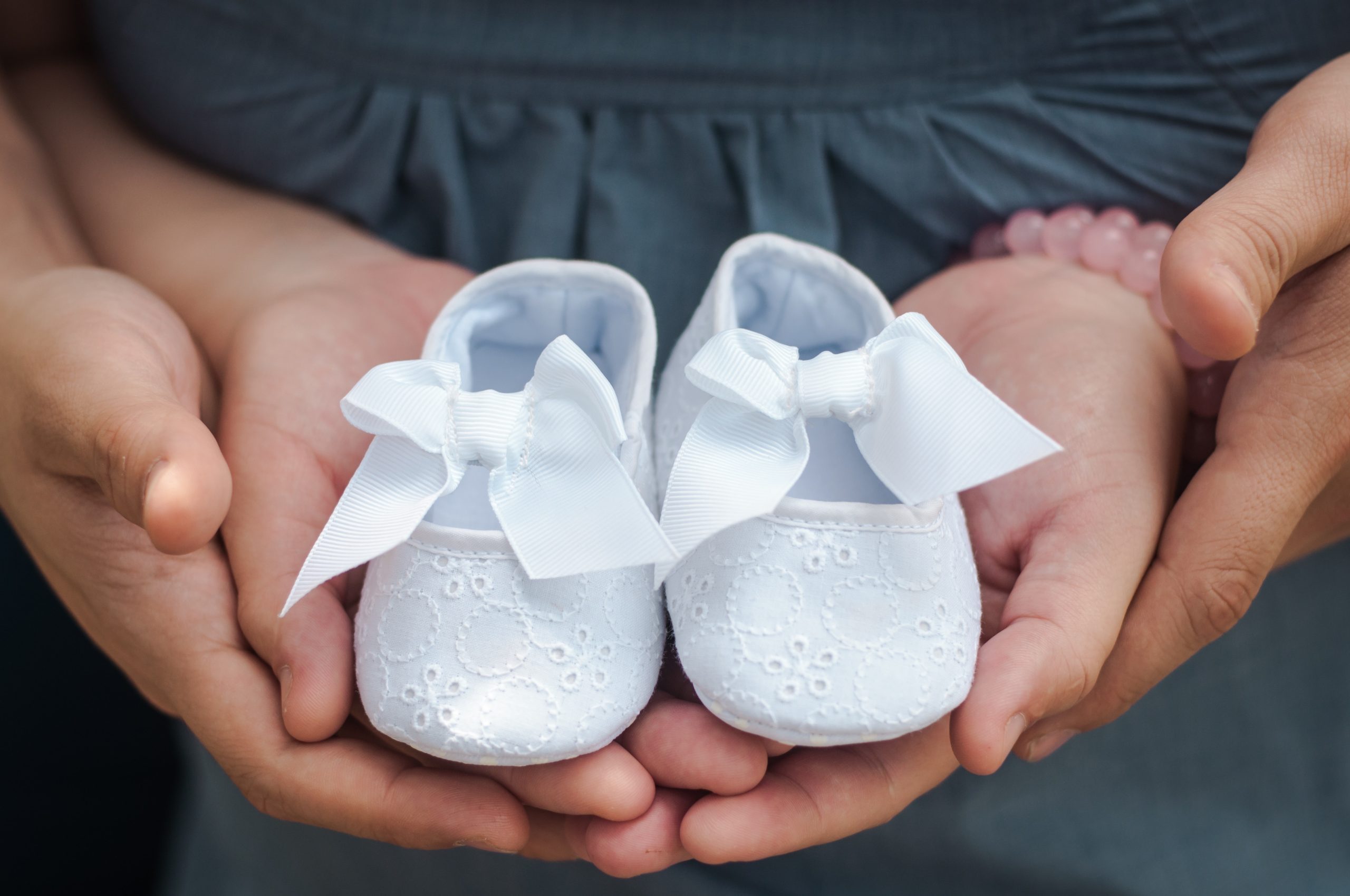Essential Baby and Toddler Care Tips for New Parents | Bloggerz
Parenting a baby and toddler is an exciting and rewarding journey, but it can also be overwhelming, especially for first-time parents. With so much to learn about caring for your little one, it’s important to have reliable information and practical tips at your fingertips. From establishing routines to understanding your child’s developmental milestones, baby and toddler care is about providing a safe, nurturing, and stimulating environment as your child grows.
In this article, we’ll share some essential tips on caring for your baby and toddler, ensuring they grow up healthy, happy, and well-adjusted.
1. Establishing a Routine
One of the first things many parents find helpful is establishing a daily routine. Babies and toddlers thrive on consistency, and having a set routine can provide them with a sense of security. Routine also helps both parents and children feel more organized and less stressed.
Start by setting regular times for feeding, napping, and bedtime. Babies, in particular, need frequent feeds and naps, while toddlers can handle a bit more flexibility. Consistent bedtimes help regulate your child’s internal clock and improve the quality of their sleep. As your baby grows into a toddler, you can gradually introduce new activities to their routine, such as playtime, storytime, or outdoor walks.
2. Nutrition and Feeding
Proper nutrition is a cornerstone of baby and toddler care. For newborns, breastfeeding is often recommended as it provides essential nutrients and antibodies. However, if breastfeeding is not possible, formula feeding can be a healthy alternative. Always follow your pediatrician’s advice on the best feeding practices for your baby.
As your baby transitions to solid foods around six months, introduce a variety of pureed vegetables, fruits, and cereals. Gradually move to soft finger foods and small portions of family meals as your toddler’s chewing skills improve. Be mindful of common choking hazards and avoid foods like whole grapes, nuts, or hard candies. It’s also essential to provide a balanced diet that includes proteins, vegetables, fruits, and grains to support healthy growth.
3. Sleep and Rest
Sleep is vital for both babies and toddlers, as it supports physical and cognitive development. Newborns typically sleep 16-18 hours a day, while toddlers need 12-14 hours, including naps.
To encourage healthy sleep habits:
- Create a calming bedtime routine: A warm bath, lullabies, or reading a story can signal that it’s time to wind down.
- Make the sleep environment comfortable: Use a firm mattress, remove soft bedding, and ensure the room is dark and quiet.
- Encourage independent sleep: As your baby grows, try to put them to bed drowsy but awake. This helps them learn to self-soothe.
For toddlers, be consistent with nap times, but also mindful of limiting late afternoon naps to avoid disrupting nighttime sleep.
4. Safety First
When caring for a baby or toddler, safety should always be your top priority. Babies are naturally curious, and toddlers become increasingly mobile as they grow. Here are some key safety tips:
- Baby-proof the home: Secure furniture, cover electrical outlets, and keep sharp objects or cleaning supplies out of reach.
- Car seat safety: Always use an age-appropriate car seat and ensure it’s installed properly. Never place your baby or toddler in the front seat of a car.
- Supervise playtime: Keep a close eye on your toddler, especially when they’re playing outdoors or near water.
5. Developmental Milestones
Understanding your baby or toddler’s developmental milestones can help you track their growth and spot potential concerns early. While each child develops at their own pace, there are some general milestones to watch for.
Baby Milestones (0-12 Months):
- Physical: Lifting the head, rolling over, sitting up, crawling, and standing.
- Cognitive: Responding to sounds, recognizing faces, and exploring objects with their hands.
- Social: Smiling, babbling, and showing attachment to caregivers.
Toddler Milestones (1-3 Years):
- Physical: Walking, running, climbing, and learning to dress themselves.
- Cognitive: Following simple instructions, identifying colors and shapes, and imitating adult actions.
- Social: Expressing emotions, playing with others, and showing increasing independence.
If you’re concerned about any aspect of your child’s development, speak with your pediatrician for guidance.
6. Play and Socialization
Playtime is not only fun for babies and toddlers—it’s essential for their growth and development. Play helps improve motor skills, cognitive abilities, and emotional regulation. Encourage your baby to engage with toys that stimulate their senses, like soft rattles, musical toys, or textured fabrics.
For toddlers, interactive play is key. Activities like building with blocks, drawing, and role-playing with dolls or action figures help foster creativity, problem-solving skills, and social interactions. Playdates with other children can also support social development, teaching toddlers how to share, communicate, and cooperate with peers.
Conclusion: Nurturing Your Baby and Toddler
Caring for a baby and toddler requires time, patience, and love. By establishing routines, prioritizing nutrition and sleep, ensuring safety, and encouraging development through play, you can create a nurturing environment that supports your child’s growth. Remember, every child is unique, and there’s no one-size-fits-all approach to parenting. Trust your instincts, seek advice when needed, and enjoy the journey of watching your baby and toddler flourish.
At Bloggerz.co.in, we’re here to provide you with expert insights and tips to make your parenting journey easier and more enjoyable. For more information on baby and toddler care, visit us at Bloggerz.co.in.

